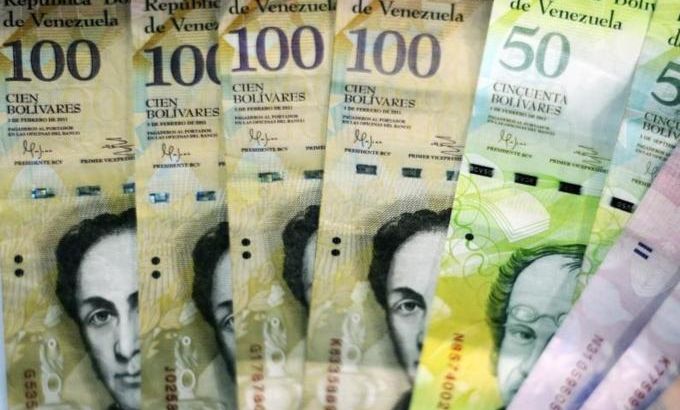
What is behind Venezuela’s food shortages?
We ask if President Maduro can improve the country’s economy and put an end to shortage of food items and basic goods.
This week Venezuela’s election council announced that an audit of the results of the country’s presidential election confirmed that Nicolas Maduro won by 1.5 percentage points over Henrique Capriles in the country’s presidential election in April.
”The
Venezuela is now reaching about 30 million people.”]
Maduro’s supporters hope that this confirmation will put any doubts about the legitimacy of his win to rest, as the country suffers from a shortage of foods and some basic goods.
On Sunday, Maduro halted a plan to restrict the sale of 20 basic food items in the state of Zulia calling it ‘insane’. Instead he said the best way to counter the shortage is to ‘produce, produce, produce’.
Inflation is on the rise in Venezuela and critics suggest the country’s economy is overly centralised and too dependent on oil.
But Maduro’s supporters point out since Hugo Chavez began his Bolivarian Revolution; inflation has been considerably less than under his neo-liberal predecessors, Rafael Caldera and Carlos Perez.
The government is also trying to negate the impact of inflation with price controls on some basic items and the provision of subsidised groceries and welfare services.
The irony is that the shortages come at a time when Venezuela is receiving international plaudits for reaching its UN targets on eradicating hunger earlier than most other countries in the world.
Maduro has done something that Chavez didn’t do ... which is sit and dialogue with the private sector ... and that is a good sign .... and I think, this is really the problem behind the scarcities.
But just two months into his presidency, Nicolas Maduro faces some serious economic challenges, such as the rising inflation rate, which was 6.1 percent for the month of May.
And the accumulated inflation rate for 2013 up to May is close to 20 percent, which is the same as it was for all of 2012.
Food prices were up 10 percent in May adding to the problems already created by food shortages.
And economic growth in the country slowed to less than one percent in the first quarter of the year, compared to almost six percent during the same period last year.
Inside Story Americas spoke with Marcelo Resende, the United Nations Food and Agriculture Organization representative in Venezuela.
He said: “Venezuela is one of 35 countries in the world that has achieved the Millennium Development Goal of halving the number of people who suffer from hunger. There are two important factors that have allowed Venezuela to do this. One is access to food. Venezuela has one of the best public networks of food distribution. Across the country, there are 23,000 food distribution centers – supermarkets, little stores, open air markets – all of these places make food available to the people who need it the most.
“And the second factor from the perspective of access to food are the government subsidies available for the majority of people in the country. Food products are subsidised by the government and kept at prices that make them both accessible and affordable for the majority of the population. The countries that have adopted public policies that reduce social inequality and promote the redistribution of wealth, effectively, are the countries who are eradicating hunger around the world.”
So, will President Maduro succeed in sorting out Venezuela’s economy and put an end to the food shortages?
Inside Story Americas, with presenter Shihab Rattansi, discusses with guests: David Smilde, a senior fellow at the Washington Office on Latin America (WOLA); Greory Wilpert, an editor of the website venezuelaanalysis.com; and Miguel Tinker, a professor of Latin American History at Pomona College.
|
“I think there is two reasons, one economic and one political …. On the economic side, it was well known that there was a devaluation right after the elections and at the same time there was a process of getting rid of one of the exchange mechanisms …. The other factor is more political, there has been a tradition or history of shortages around the elections time, there are some politically motivated importers who want the government to look bad and therefore slowdown the process of imports.” – Greory Wilpert, an editor of venezuelaanalysis.com |